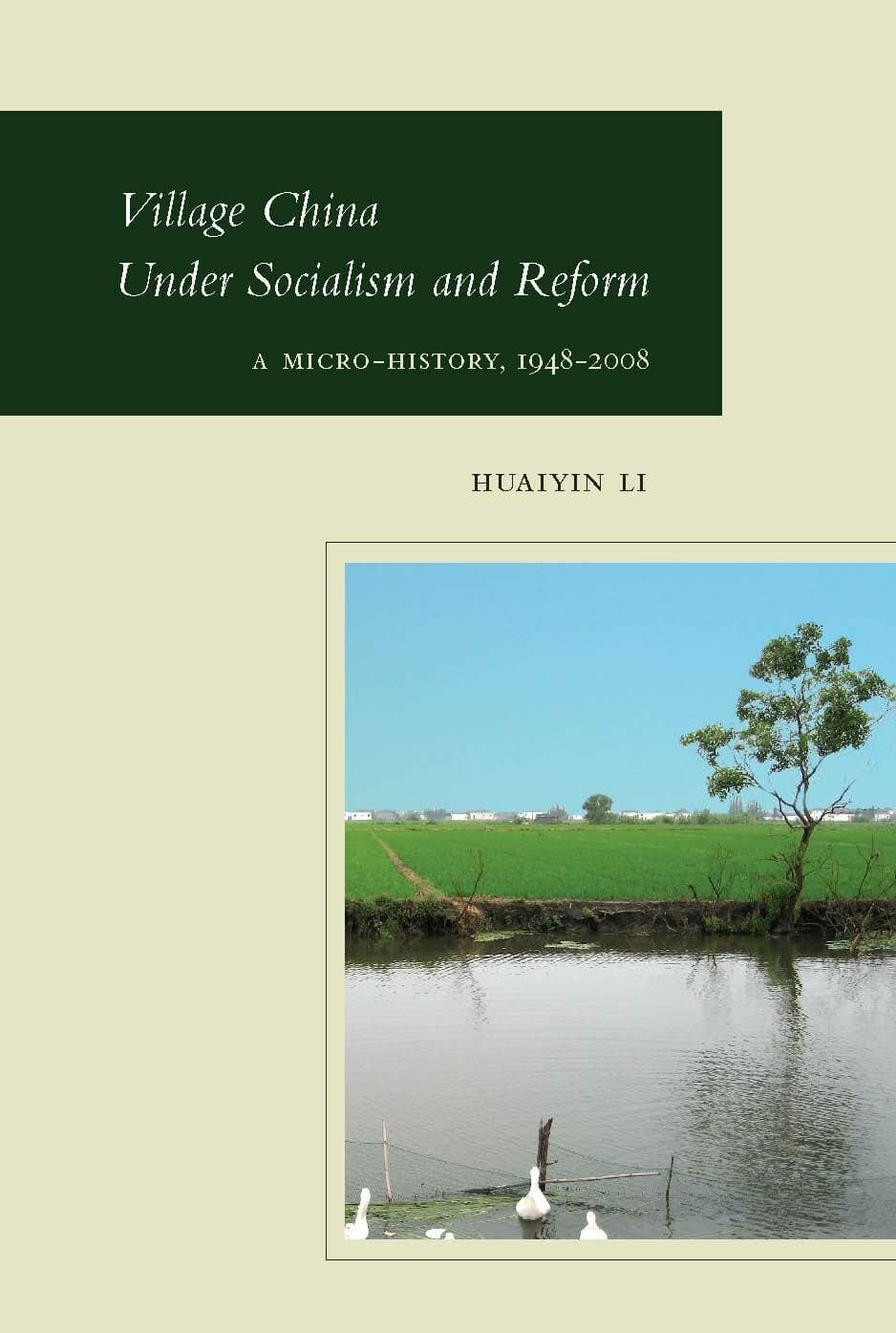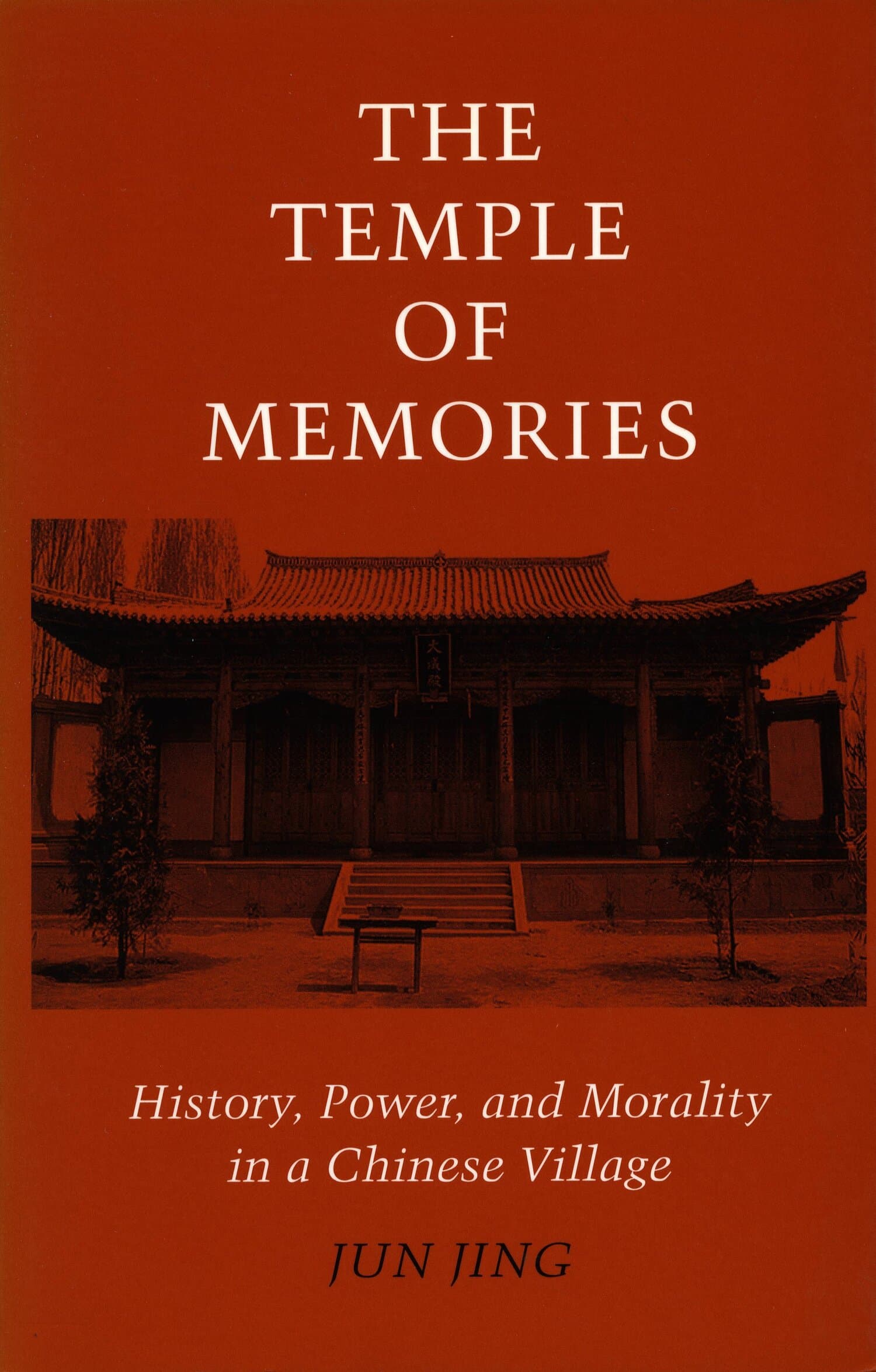Village Governance in North China
Also Available from

This book is about village governance in China during the late nineteenth and early twentieth centuries. Drawing on government archives from Huailu county, Hebei province, it explores local practices and official systems of social control, land taxation, and "self government" at the village level. Its analysis of peasant behaviors bridges the gap between the rational choice and moral economy models by taking into account both material and symbolic dimensions of power and interest in the peasant community. The author's interpretation of village/state relations before 1900 transcends the state and society dichotomy and accentuates the interplay between formal and informal institutions and practices. His account of "state making" after 1900 underscores the continuity of endogenous arrangements in the course of institutional formalization and the interpenetration between official discourse and popular notions in the new process of political legitimization.
"This is truly a well-written book on China's village governance, a very good example of combining theory, first-hand materials and sophisticated analysis. Even though Li is cautious in extending his arguments into other areas and epochs, this book still helps shed new light to the traditional Chinese local governance."—Journal of Chinese Political Science




